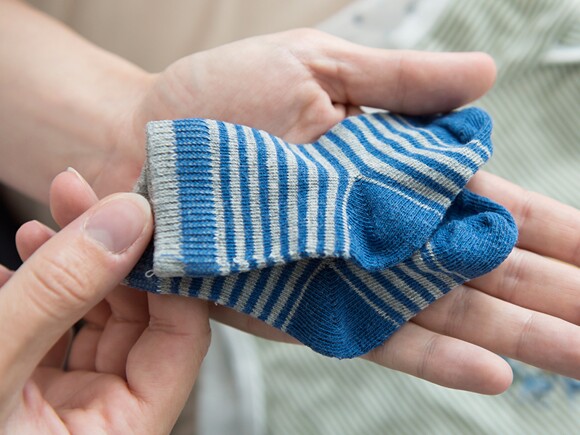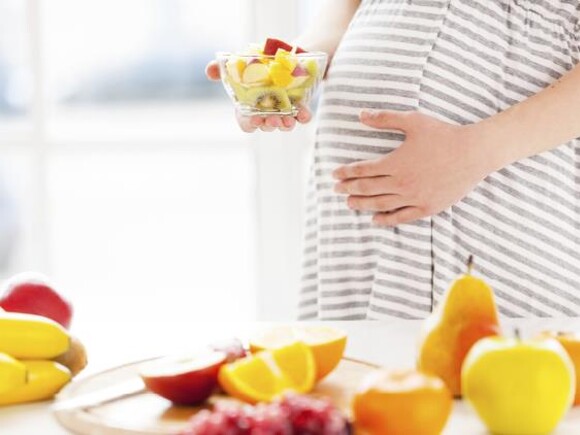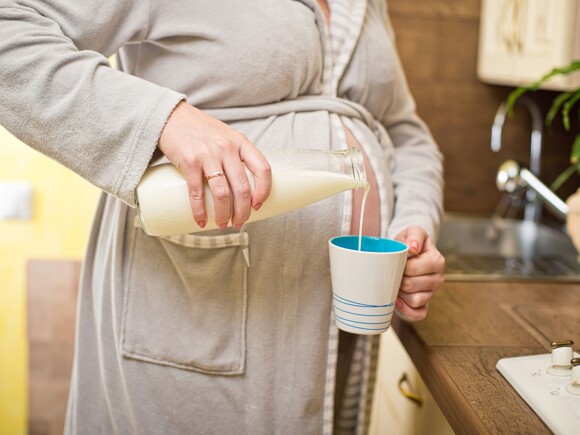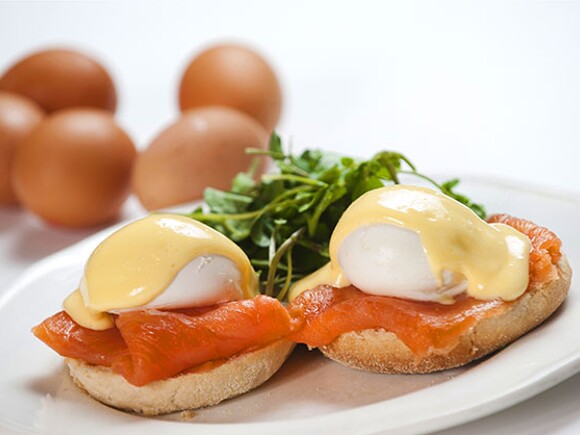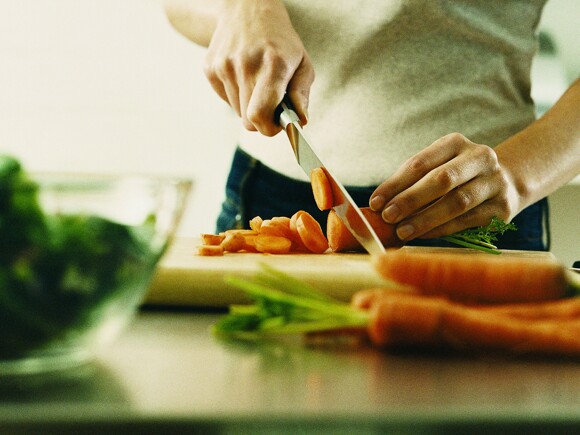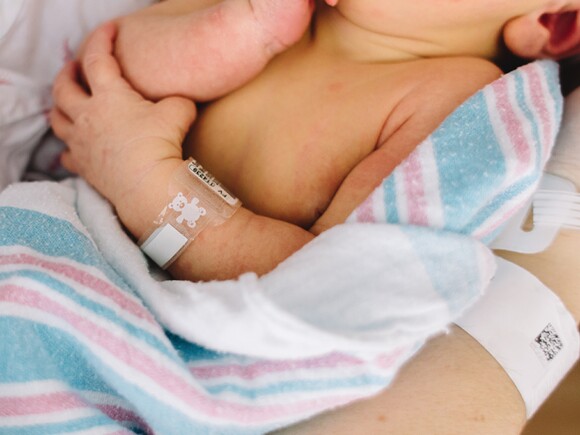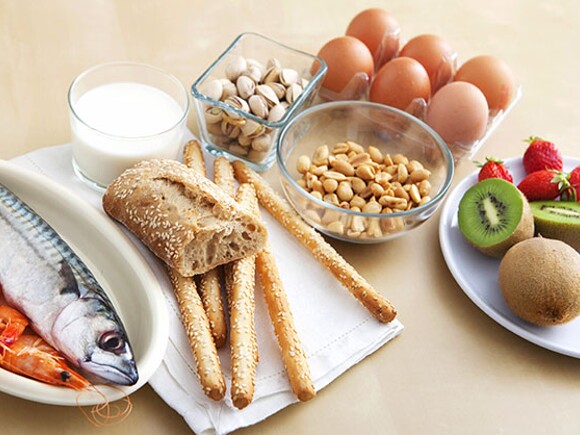What foods are recommended for Pregnant Woman
Yes, you’re expecting! Congratulations! Welcoming a new life into the world is a time of joy and anticipation. As you embark on this beautiful journey, it's more important than ever to focus on nourishing yourself and the little one growing inside you. It's not just about eating more but eating smart, ensuring that every meal contributes to the health and development of your baby.
To help make your journey less daunting and to understand the essentials of prenatal nutrition, below is a helpful nutrition guide on what healthy foods to eat, eat less of, and even what to avoid during your pregnancy.
Nourishing Beginnings: Building a Healthy Foundation for You and Your Baby
While the idea of "eating for two" is a bit of a myth, providing the right nutrients for your developing baby is crucial. Here's what your body needs more of during pregnancy:
- Folic Acid: A key player in preventing birth defects, especially those affecting the brain and spine. Strive for at least 600 mcg daily. Beyond malunggay (moringa) and spinach, look for whole grain breakfast cereals, to meet your needs.
- Iron: This mineral is vital for making hemoglobin, the protein in red blood cells that carries oxygen. Pregnant women need a hefty 38 mg daily. Aside from lean meats and legumes, fortified cereals can again come to the rescue.
- Calcium: You're building a tiny skeleton, so calcium is a must. Aim for about 800 mg daily. Milk and kale are great, but if dairy is a no-go, fortified soy milk offers a lactose-free way to get your calcium.
- DHA: Essential for your baby's brain and eye development, aim for 200-300 mg of DHA daily. While bangus (milkfish) and tilapia offer omega-3s, alternatives like eggs fortified with DHA and chia seeds are mercury-free options to consider.
Filling Your Plate with Nutritious Foods Sprinkled With Love
Your diet should be as colorful and varied as the local market:
- Fruits and Vegetables: Go for a rainbow of colors with vegetables like kalabasa (squash) and leafy green vegetables. These are nature's multivitamins.
- Whole Grains: Swap out white rice for brown rice or whole grain bread for sustained energy and fiber.
- Protein: Keep it lean with chicken, eggs, and legumes. And while bangus and tilapia are on the menu, diversifying your protein sources ensures you're not overdoing any one thing.
- Dairy and Alternatives: Yogurt and cheese are calcium-rich choices, but fortified plant-based drinks can also fit the bill for those avoiding lactose.
Ooops! Foods Requiring Caution During Your Pregnancy
Some items are better left on the shelf during this time:
- Unpasteurized Foods: These can harbor bacteria harmful to both you and your baby.
- High-Mercury Fish: Enjoy your bangus and tilapia, but keep mercury concerns in mind and opt for smaller portions.
- Processed Items: Fresh, whole foods are your best friends during pregnancy, minimizing exposure to unnecessary additives.
Be Careful of Allergies: Consult With Your OB-GYN right away
If you experience allergies while pregnant, the best offense is a good defense. If you have a family history of allergies, be cautious with potential triggers like peanuts and shellfish. Your doctor can help you create a safe eating plan.
The Wellspring of Wellness: Hydration During Pregnancy
In our tropical climate, staying hydrated is essential. Drinking plenty of water aids in digestion, reduces swelling, and helps form the amniotic fluid around the baby. Aim for at least 8-10 glasses a day, and if you find water too bland, infusing it with cucumber or dalandan orange can add a refreshing twist.
Why Prenatal Vitamins Matter To You and Your Baby
Prenatal vitamins are your nutritional backup singers, supporting your diet with essential nutrients. Iron, folic acid, and calcium are the headliners, but always consult your OB-GYNE before taking any supplements. They can guide you based on your unique nutritional needs and personal health history.
A Day in Your Diet
Wondering how to put all this into practice? Here's a sample day's menu that's both nutritious and delicious:
- Breakfast: Oatmeal with fresh papaya slices and a glass of fortified milk.
- Lunch: Grilled bangus, a cup of brown rice, and a side of steamed kangkong.
- Dinner: Lean chicken cooked in a hearty pinakbet, served with a side of steamed kamote.
- Snacks: Try yogurt with honey or sliced apples with a spoon of peanut butter for those in-between meal moments.
Your Healthcare Team Is Your Ally
Navigating pregnancy nutrition can be complex, but you're not alone. Your OB-GYN, alongside Nutritionist-Dietitians and maternal-fetal specialists can provide you with the right guidance unique to your health profile and needs, ensuring you get the best care.
Celebrate The Months
As you move through your pregnancy, choosing foods that are nourishing for you and your baby will be beneficial, so, enjoy the journey month after month as your baby grows. With the right nutrients, touch of culinary creativity, and tender loving care from your family and friends, we are one with you as you journey towards a happier and healthier pregnancy.











